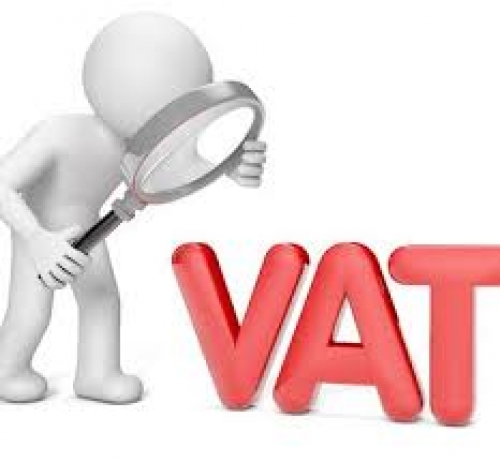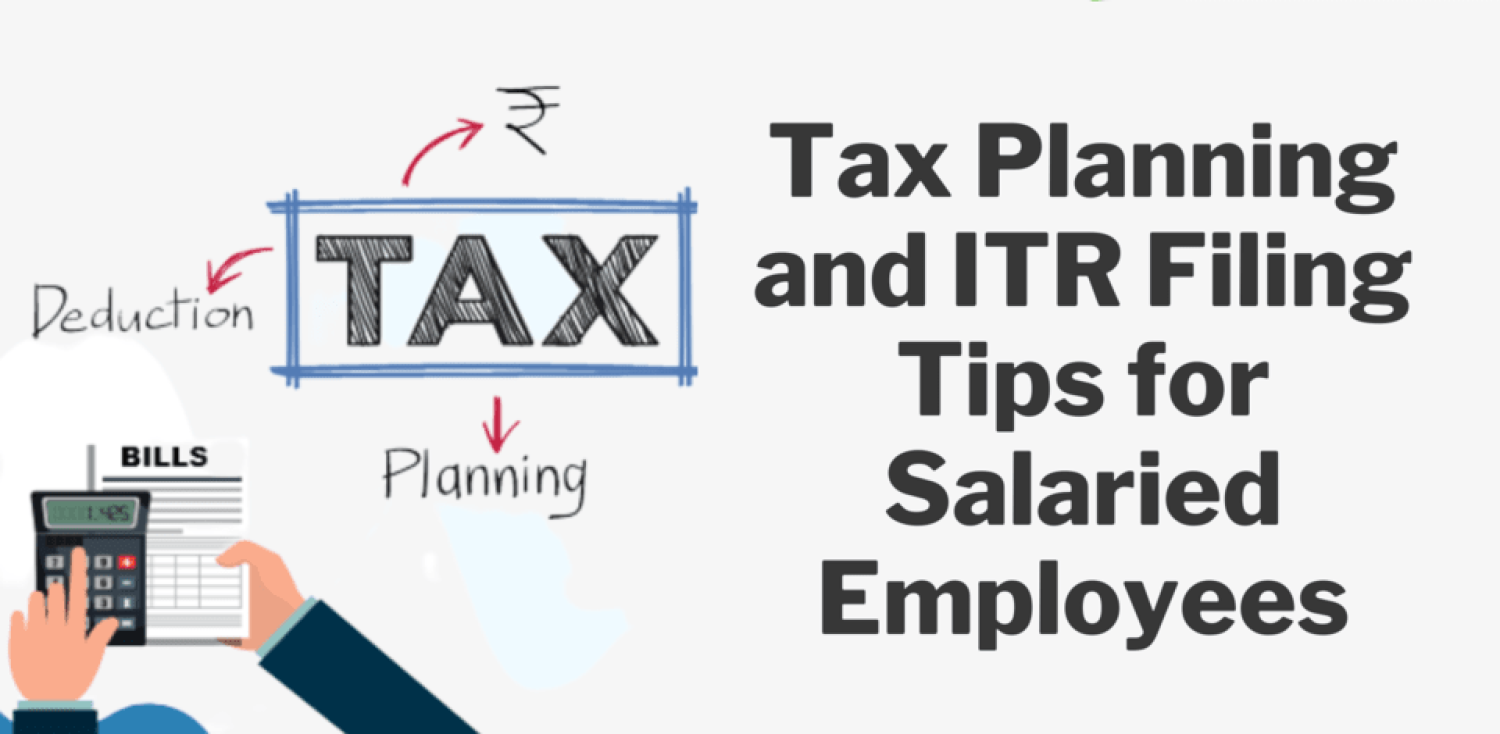
VALUE-ADDED TAX IN UAE
REGISTRATION
All the businesses who have a place of residence in the state of UAE and whose value of supplies in the member states in the previous 12 months has exceeded AED 375,000 should mandatorily register under UAE VAT. Also, if the businesses anticipate that the total value of supplies will exceed the mandatory registration threshold of AED 375,000 in the next 30 days, then they too will have to register under UAE VAT.
Those businesses, who do not have a place of residence in the state of UAE, will have to compulsorily register under VAT irrespective of the registration threshold.
Tax Registration Number
For each person who has registered for VAT, a unique number is issued by the authority known as Tax Registration Number. In short, it is called TRN.
A taxable person under GCC VAT Agreement
A Taxable Person means any person who is conducting an economic activity for the purpose of generating income.
• Such a person is registered or obliged to register for VAT as per the registration threshold in a member state.
•Taxable persons can include businesses located outside the GCC territory.
• Taxable person can be any individual person conducting economic activity.
TAX group/vat group
VAT also has a provision for group registration, in which multiple entities of the same business or multiple companies under the same management/control can apply for tax group registration, given that they have a valid proof of relationship between said entities. The management must choose a representative member (main company) in order to register as a VAT group.
Tax grouping is a long-term decision and hence needs to be properly evaluated by doing impact analysis. Tax grouping can be done for UAE companies only, so GCC and Non-GCC companies cannot be included in Tax grouping.
Entities within one VAT Group are treated as one entity for the UAE VAT purpose.
Supplies made between members of a VAT Group will not be considered as a transaction under UAE VAT. Further, one entity cannot be part of more than one VAT group.
Vat Rates:
Exempt Supply
An exempt supply is a supply on which VAT is not charged and for which the related input VAT is not deductible.
For example bare land, local transport, the sale of residential property (second sale onwards) lease of the residential property, and certain financial services.
Zero-rated supply
a zero-rated supply is a taxable supply on which VAT is charged at 0% and for which the related input VAT is deductible.
For example exports, healthcare, education, international transport of passengers and goods, the first sale of residential property, medicine, and medical equipment, investment in gold, silver and platinum, crude oil & natural gas etc.
Standard Rate Supply 5%
a taxable supply at the Standard Rate is a supply on which VAT is charged at 5% and for which the related input VAT is deductible. All items which are not coming under both exempted category, as well as the zero-rated category, are coming under standard-rated supplies.
MEANING OF Taxable Supply in VAT:
A supply of goods or services for consideration by a person conducting business in the state. Supply can be either under zero percent or at the standard rate of 5% or a deemed supply and does not include exempt supplies.
Place of supply for VAT
It will determine whether a supply is made in the UAE or outside the UAE for VAT purposes:
• If the supply is determined as made in the UAE: VAT shall be applicable.
• If the supply is determined as made outside the UAE: VAT is not applicable.
Tax Return Filing-
As per the official site of the Ministry of Finance, UAE, the majority of the business entities will be required to file the VAT returns on a quarterly basis, within one month/28 days from the end of the respective quarter. Filing of VAT returns has to be done online through the FTA portal or as directed by FTA. It is very important for businesses to note that the VAT return file, generated only from the certified tax accounting software, will be allowed to be uploaded in the FTA's e-tax portal. Here, certified tax accounting software refers to that software that meets the guidelines set by the FTA.
If the last date for filing a return falls on a public holiday, the deadline shall be extended to the first business day thereafter.
A tax return must declare all supplies made and received during the tax period and it
should contain necessary information such as Tax Registration No, Name of the
supplier, Value of material, etc. as prescribed by the executive regulation and shall be
paid within the prescribed time limit.
CORRECTION IN RETURN
Correction of errors made in the previous return period can be carried out. The taxable person must disclose this error to the FTA within 30 days of becoming aware of this error and include it in the Tax Return to be submitted immediately after noticing and correcting the error.
PENALTY FOR LATE FILING OF VAT RETURNS
Late filing of returns may attract a penalty. The administrative penalty will not be less than 500 Dirhams but not exceeding three times the amount of tax in respect of which the administrative penalty was levied.
VAT Reverse Charge Mechanism
In the UAE VAT, the Reverse Charge Mechanism is applicable while importing goods or services from outside the GCC countries. Under this, the businesses will not have to physically pay VAT at the point of import.
The responsibility for reporting a VAT transaction is shifted from the seller to the buyer; under Reverse Charge Mechanism. Here the buyer reports the Input VAT (VAT on purchases) as well as the output VAT (VAT on sales) in their VAT return for the same quarter.
The reverse charge is the amount of VAT one would have paid on that goods or services if one had bought them in the UAE. The importer has to disclose the amount of VAT under both Input VAT as well as Output VAT categories of the VAT return of that quarter.
Reverse Charge Mechanism eliminates the obligation for the overseas seller to register for VAT in the UAE.
RECORD KEEPING
It is mandatory for every taxable person to maintain books of accounts under UAE VAT law. In addition to that, the authority can ask for additional documents such as annual accounts, general ledger, purchase day book, invoices issued, invoices received credit notes, debit notes, VAT Ledger, etc.
Under the UAE VAT law, the books of accounts and records are to be maintained for five years. No action can be taken by Federal Tax Authority after 5 years but no limit in case fraud is found
Tax invoice
According to the guidelines issued by the Federal Tax Authority (FTA) in relation to the contents of the UAE VAT Tax Invoice, there are two types of Tax Invoice:
1. Simple VAT Invoice.
2. Detailed VAT Invoice.
Simple VAT Invoice will be for supply less than the specified amount.
It is issued in the case when the customers are retail consumers and don’t need to provide a VAT number.
This type of invoice is for supermarkets and other retail industries.
Detailed VAT Invoice will be for supply more than the specified amount.
It is issued in the case when a registered business supplies to another registered user.
This type of invoice is for wholesalers and traders dealing in bigger quantities.
Contents of UAE VAT Tax Invoice
1. Simple VAT Invoice
A simple VAT Invoice must have the word “Tax Invoice” at a prominent place.
It must consist of the details of the supplier. Name, Address, and Tax Registration Number (VAT Number).
In addition to the above, it must contain, Date of issue of the tax invoice.
The complete description of goods supplied must be included.
Apart from that, the most important thing a simple VAT invoice must-have is the Total Amount Payable and Total VAT Chargeable.
2. Detailed VAT Invoice
In addition to the above details that are in a simple tax invoice, a detailed VAT invoice will consist of the following details:
1. Name, address, and TRN of the recipient.
2. A unique invoice number
3. Date of Supply, if it is different from the date of issue.
4. Price per unit, the supplied quantity/volume, rate of tax, and the payable amount in AED.
5. Discount, if applicable.
6. Payable Gross value of Invoice in AED.
7. Payable Tax Amount in AED.
8. Statement relating to Reverse Charge, if applicable.
Appeal
As a first step, the taxable person shall request the FTA to reconsider its decision. Such request of re-consideration has to be made within 20 business days from the date the person was notified of the original decision of the FTA, and the FTA will have 20 business days from receipt of such application to provide its revised decision.
If the person is not satisfied with the revised decision of the FTA, it will be able to object to the Tax Disputes Resolution Committee set up for these purposes. Objections to the Committee will need to be submitted within 20 business days from the date the person was notified of the FTA’s revised decision, and the person must pay all taxes and penalties subject to the objection before objecting to the Committee. The Committee will give its decision regarding the objection within 20 business days from its receipt.
As a final step, if the person is not satisfied with the decision of the Committee, the person may challenge its decision before the competent court. The appeal must be made within 20 business days from the date of the appellant being notified of the Committee’s decision
PENALTIES
Administrative penalties
-Administrative penalties are intended to address non-compliance, and encourage compliance and will be not less than 500 dirhams and not more than 3 times the amount of tax for which the penalty was levied.
Tax evasion penalties
-Tax evasion is where a person uses illegal means to either lower the tax or not pay the tax due, or to obtain a refund to which he is not entitled under law and will be Up to five times the relevant tax at stake.

















